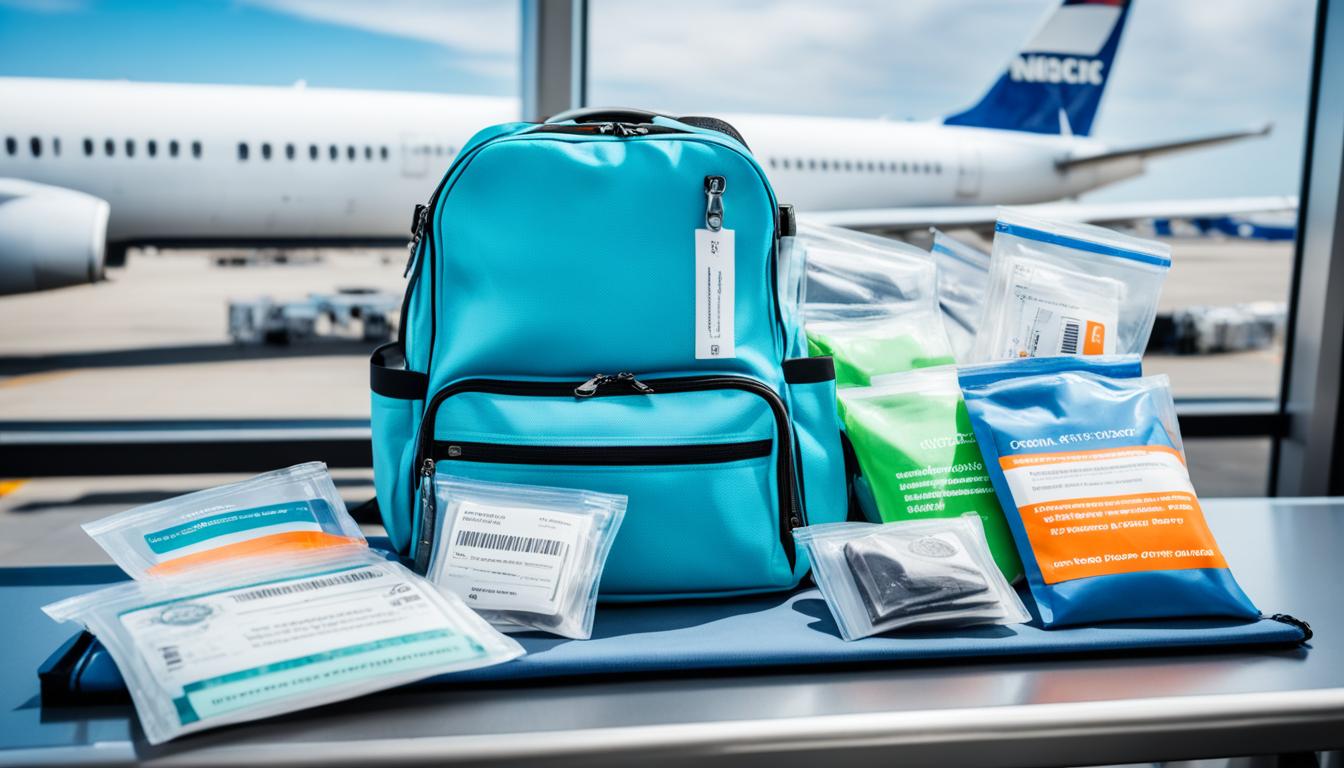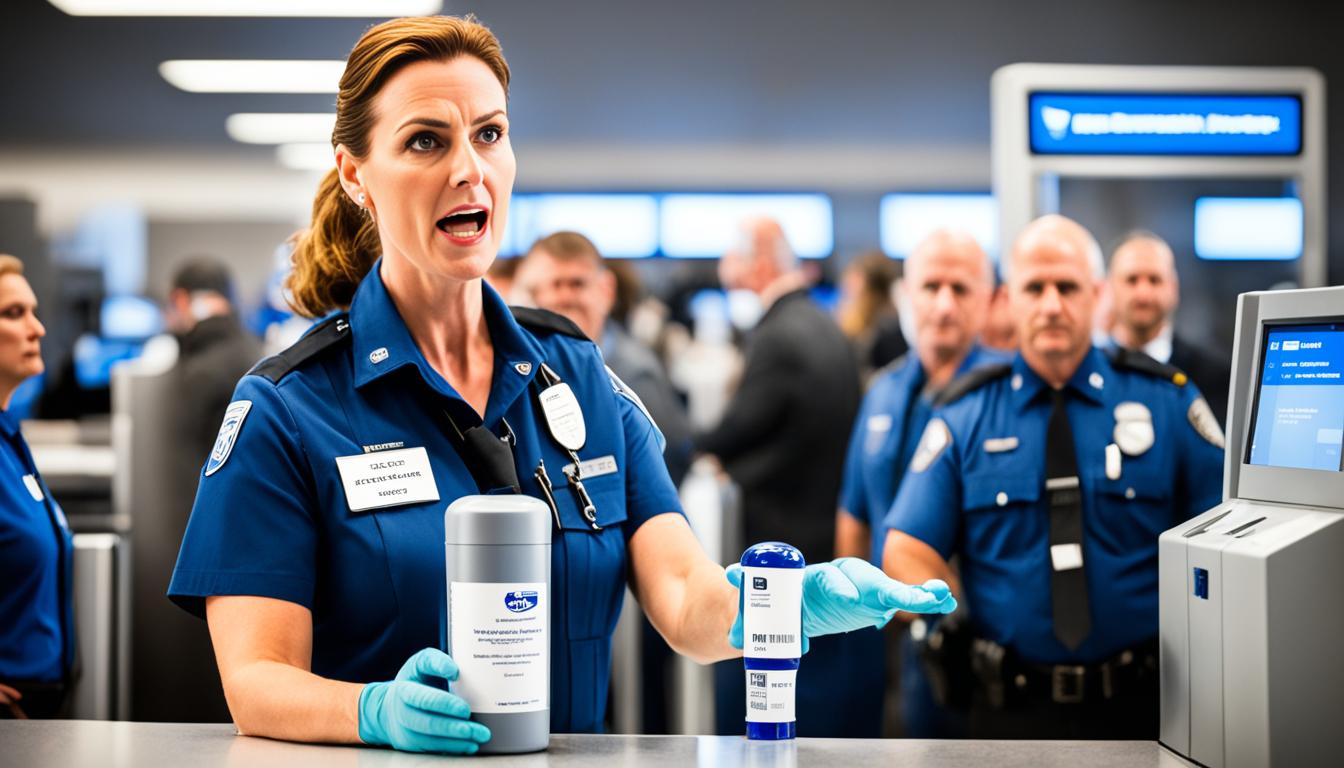
Flying with an outstanding warrant can raise concerns about the feasibility of air travel. While airports and the Transportation Security Administration (TSA) do not actively search for individuals with arrest warrants, there are risks and consequences involved.
An arrest warrant authorizes law enforcement to arrest an individual connected to a crime, and it can be entered into national databases accessible by law enforcement agencies. While TSA focuses on ensuring passenger safety by screening for threats, they do verify the identity of travelers against secure flight databases.
If an individual is encountered with a situation requiring law enforcement intervention, such as a dispute, suspicious behavior, or prohibited items, the police called to the scene may run their information and discover the warrant.
Additionally, larger airports often have a significant police presence, and if a traveler comes into direct contact with them, there is a possibility they might check for outstanding warrants. When flying to a different jurisdiction or international travel, there may be further complexities and checks conducted by customs and border protection officers.
The consequence of being identified with an outstanding warrant is immediate arrest by local or federal law enforcement, and extradition may occur if arrested outside the jurisdiction of the issuing warrant.
It is important to seek legal advice and address the warrant before making any travel plans to avoid disruptions and legal complications.
Flying Domestically with an Outstanding Warrant: Risks and Precautions
Taking a domestic flight with an outstanding warrant is not expressly forbidden, but it can be considered a risky proposition. While the TSA and airline employees do not have access to databases that flag passengers for having warrants, there are still potential risks.
If someone has notified law enforcement, such as in a divorce case, that an individual with an outstanding warrant will be at the airport at a certain date and time, there is a possibility that police may be waiting. Additionally, if prohibited items or illegal substances are found during the security screening, it may lead to further inquiries and the discovery of the warrant.
While the chances of being detained for an outstanding warrant at the airport are unlikely, it is crucial to proceed with caution and address the warrant to avoid any potential legal problems.
It’s important to remember that traveling domestically with an outstanding warrant carries inherent risks. Although the likelihood of being apprehended at the airport is low, unexpected situations and security procedures can potentially lead to the discovery of an individual’s warrant.
To minimize the risks associated with flying with a warrant, it is advisable to seek legal advice, address the warrant through appropriate legal channels, and resolve the outstanding matter before making any travel plans. By proactively handling the warrant, individuals can mitigate potential legal complications and ensure a smoother travel experience.
Flying Internationally with an Outstanding Warrant: Restrictions and Legal Consequences
Taking an international flight with an outstanding warrant is a complex situation that can have serious legal consequences. Engaging in international travel while having a warrant can result in significant restrictions and complications. Certain crimes, such as international drug trafficking charges, can lead to individuals being barred from obtaining a passport. Similarly, individuals with a federal arrest warrant are also ineligible to obtain a passport.
During the passport application process, applicants must complete Form DS-11, which requires them to affirm that they do not have any pending warrants. Providing false information on the passport application, deceiving airport officials, or attempting to covertly enter or exit a country can escalate legal complications and potentially lead to additional criminal charges.
Given the potential legal repercussions, it is strongly advised to resolve the outstanding warrant before considering any international travel. Compliance with legal procedures and addressing any legal issues in a timely and appropriate manner can help avoid further legal complications and disruptions to travel plans.
What Happens if You Fly with a Warrant? Understanding the Potential Consequences
If someone attempts to fly with a warrant, there are potential risks and consequences involved. Although airport officials may not have direct access to warrant databases, there are situations where law enforcement can be notified of a warrant’s existence. In such cases, the Transportation Security Administration (TSA) and air marshals, if aware of the warrant, can coordinate with authorities to have the individual detained upon landing.
It’s important to note that the arrest is based on the warrant itself, not specifically for traveling with it. However, attempting to bring prohibited items or illegal substances through security checkpoints can draw attention, potentially leading to further inquiries and complicating the situation. Whether traveling domestically or internationally, having an outstanding warrant can result in legal complications and disruptions to travel plans.
To avoid potential legal problems, it is highly recommended that individuals address and resolve the warrant before considering any travel. Seeking legal advice and taking appropriate steps to clear the warrant can help prevent the risk of arrest or extradition, ensuring a smoother and more hassle-free travel experience.






